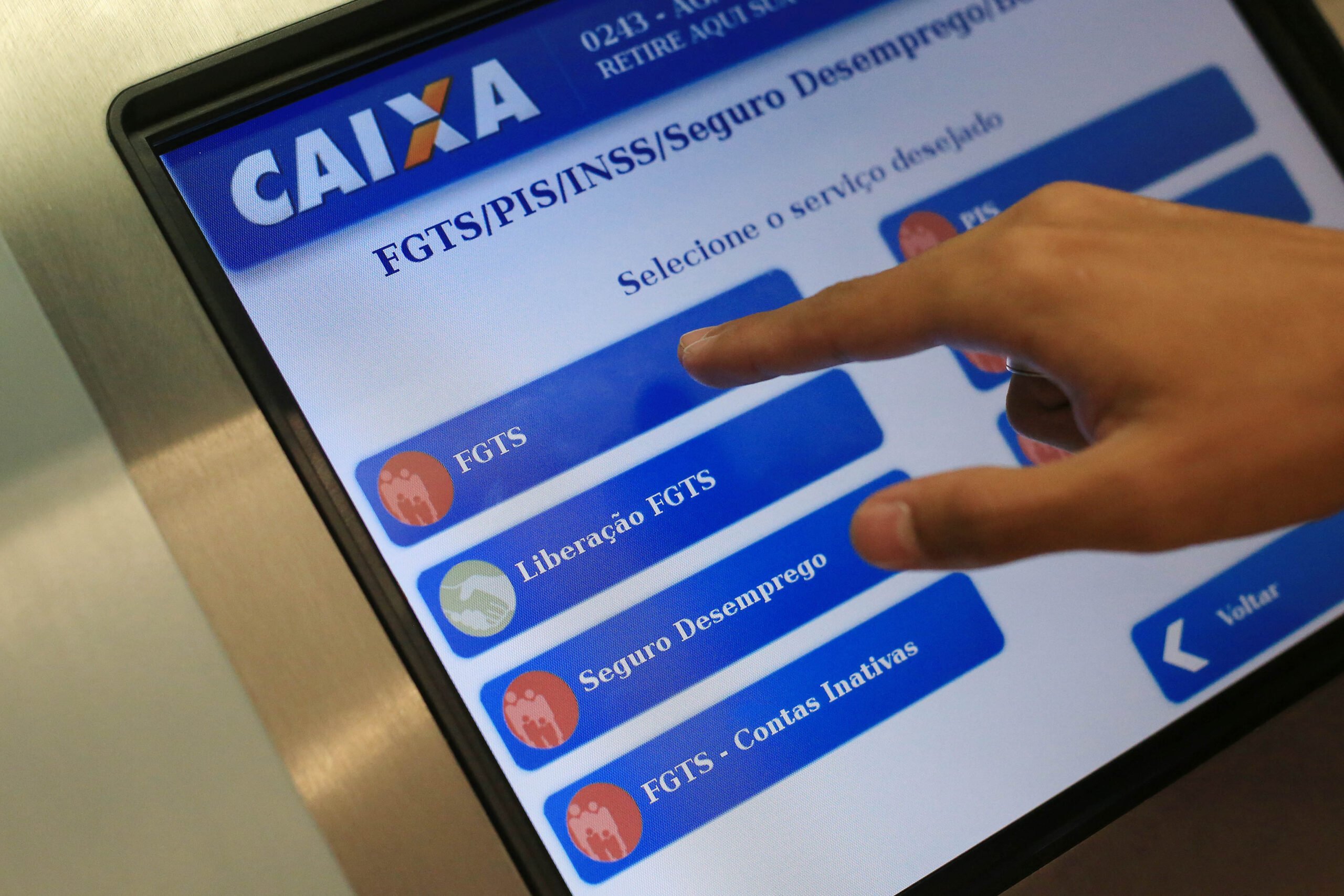Uncategorized
Government goes back and interest on INSS payroll is expected to increase in the coming weeks
The last week has been tumultuous when it comes to the INSS payroll issue. After a reduction in the interest ceiling for the credit modality
Advertisement
The last week has been tumultuous regarding the agenda of the INSS consigned. After a reduction in the interest ceiling for the credit modality, the Federal government must go back on the decision proposing an alternative that is viable for both parties.
Last week, the National Social Security Council (CNPS) reduced from 2.14% to 1.7% per month or interest ceiling on INSS credit granted to retirees and pensioners. The body also decreased from 3.06% to 2.62% per month or rate limit for payroll credit card.
In response, several banks and financial institutions announced the suspension of the INSS payroll on the allegation that the new percentages do not match the operating parameters.
In this sense, the Legislative Decree Project (PDL) nº 76/23, what revokes the normative instruction of the National Social Security Institute (INSS) regarding the reduction of the INSS payroll interest ceiling for retirees, pensioners and other insured people.
With the rule, the maximum monthly rate charged on this type of loan increased from 2.14% to 1.7%. In defending the repeal of the rule, the deputy Captain Alberto Neto (PL-AM) argues that the cut, made in a "artificial", makes the offer of credit by banks unfeasible.
According to him, the measure harms “1.7 million bank employees who could lose their jobs and retirees who will be forced to take out a loan at rates of 20%”, declared the deputy
What is the INSS payroll loan margin?
The INSS payroll has specific rules. A consignable margin, the limit of monthly income that can be committed to paying the loan installment, is 45%.
This percentage is calculated on what remains of the insured's salaries after possible Income Tax and alimony discounts, and can be divided as follows:
- 35% for operations exclusively involving payroll-deductible personal loans (traditional payroll deduction);
- 5% for exclusively payroll credit card operations;
- 5% for operations exclusively involving benefit consigned cards.
O loan payment term must be at most 84 months, and the money lent by the financial institution must be credited to the account in which the person receives the monthly benefit, be it a current account or savings account.
Another option for those who do not have a bank account and receive from INSS only via magnetic card is to release the loan via money order, preferably in bank branch that maintains the benefit.
Furthermore, the loan must be made in the same state in which the benefit is maintained. The maximum interest rate on traditional payroll loans with payroll deduction it's from 2.14% per month. In case of card, is up to 3.06% per month.
With information from PronaTEC.
More news on the portal: ☕ CoffeePost:
- Minha Casa Minha Vida Program can ZERO entry value; Check out!
- 8 times Apple was fined in Brazil
- PIS/PASEP: See When the Next Payment of the R$ 1,302 Allowance Drops
- Minimum Wage: When Will the New Value Defined by the Government Start?
- Bolsa Família: Government Announces Dates for the Month of March
About the author / Tiago Menger
Trending Topics

Evolve with the Bradesco Foundation Virtual School
More than 70 free courses from the Bradesco Foundation Virtual School issue certificates to help you grow professionally.
Continue lendo
Bolsa Família: Government announces dates for the month of March
Payment of the New Bolsa Família began on Monday, March 20th. In March, the average value is R$ 669.93, but this will change.
Continue lendoYou may also like

Will PIS PASEP have a new value in May? Understand possible readjustment
In 2023, approximately 23 million workers are receiving PIS PASEP, despite the one-year delay.
Continue lendo
8 times Apple was fined in Brazil because of the iPhone
Apple is one of the largest and best-known cell phone manufacturers in the world, and for this reason, it ends up getting involved in controversies.
Continue lendo
